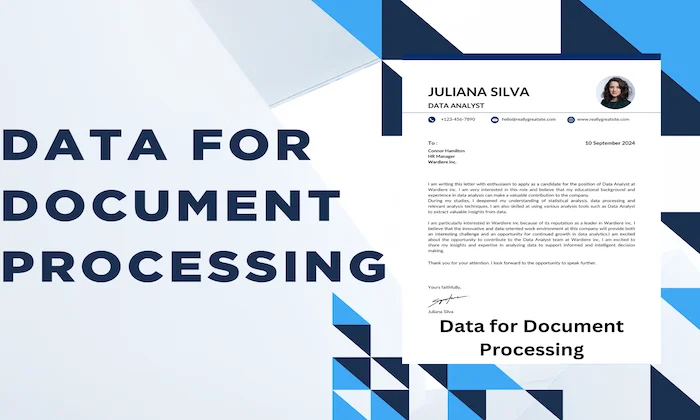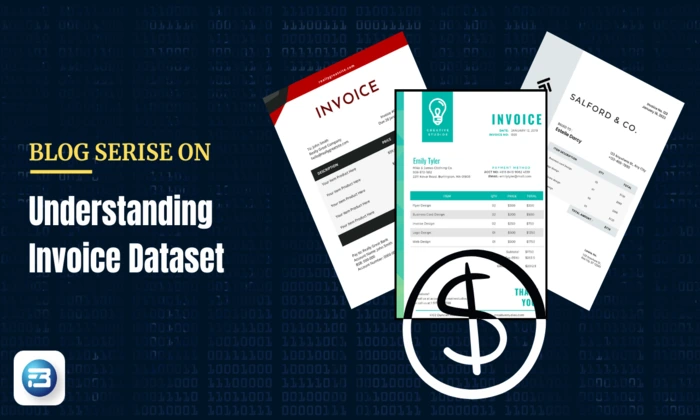How does an AI data provider fit into the overall machine learning lifecycle?
Data Provider
Machine Learning
Model Training
Understanding the role of an AI data provider in the machine learning lifecycle is vital for organizations that aim to harness the full potential of artificial intelligence. These providers are crucial at various stages, ensuring data quality, diversity, and compliance, which are essential for robust AI outcomes.
Machine Learning Lifecycle
The machine learning lifecycle consists of several stages: problem definition, data collection, data preparation, model training, evaluation, deployment, and monitoring. Each stage requires specific data types and precise execution. Here, AI data providers emerge as vital partners, enhancing transitions between these stages and improving overall model performance.
The Essential Role of AI Data Providers
- What is an AI Data Provider?: An AI data provider specializes in sourcing, annotating, and delivering high-quality datasets tailored for machine learning applications. Unlike traditional data vendors, these providers engage in a comprehensive partnership, contributing to the entire data lifecycle, from gathering raw data to ensuring it meets compliance standards and is ready for model training.
- Why Is This Important?: Quality data is the backbone of effective machine learning models. Poor-quality or biased datasets can lead to flawed predictions, wasting resources and opportunities. AI data providers mitigate these risks with well-curated data reflecting real-world scenarios, thus enhancing model reliability and effectiveness.
How AI Data Providers Enhance the ML Lifecycle
- Data Collection and Diversity: AI data providers like FutureBeeAI collect data from diverse global contributors, ensuring a wide range of demographic and contextual factors. This diversity is critical for applications such as speech recognition, where variations in accents and environmental conditions significantly impact accuracy. For example, a robust ASR system dataset might include recordings from speakers of various ages, genders, and backgrounds, closely mirroring the target audience.
- Annotation and Quality Assurance: After collection, data undergoes rigorous annotation and quality assurance processes. Providers use both automated tools and human experts to ensure annotations are accurate. This multi-layered QA approach not only reduces error rates but also enriches the metadata. Proper annotation is crucial for effective learning by sophisticated algorithms.
- Compliance and Ethical Considerations: In an increasingly data-sensitive environment, compliance with privacy laws is essential. AI data providers implement stringent consent processes, ensuring contributors are informed and their data is ethically handled. This compliance not only protects individual rights but also builds trust, making AI systems more acceptable to users.
Practical Considerations
Selecting an AI data provider involves weighing several factors:
- Cost vs. Quality: High-quality data may cost more initially, but the benefits often outweigh the investment, reducing the need for costly model retraining.
- Speed vs. Thoroughness: While quick data collection is tempting, thorough validation ensures the data meets required standards.
- Customization vs. Standardization: Custom datasets are tailored to specific needs but require more resources, whereas off-the-shelf datasets are quicker but may not align perfectly with use cases.
Conclusion: Strategic Importance
AI data providers are integral to machine learning success. By ensuring high-quality data collection, comprehensive annotation, and strict compliance, they empower organizations to build robust AI systems. As the AI landscape evolves, the role of these partners will grow, emphasizing the need for strategic collaborations that support continuous improvement and innovation.
FutureBeeAI stands as a strategic partner in this landscape, offering expertise and infrastructure to deliver high-quality, diverse datasets that fuel successful AI innovations. For projects requiring robust datasets, FutureBeeAI’s platform can deliver production-ready data efficiently, helping you achieve your AI goals.
Smart FAQs
Q. What types of data do AI data providers typically offer?
A. AI data providers offer a range of data types, including audio, text, video, and multimodal datasets. They provide both standard datasets ready for immediate use and custom datasets tailored to specific client needs.
Q. How do AI data providers ensure data quality?
A. Providers employ a multi-layered quality assurance process that combines automated checks with human review, ensuring data accuracy, completeness, and consistency for effective machine learning applications.
What Else Do People Ask?
Related AI Articles
Browse Matching Datasets
Acquiring high-quality AI datasets has never been easier!!!
Get in touch with our AI data expert now!








